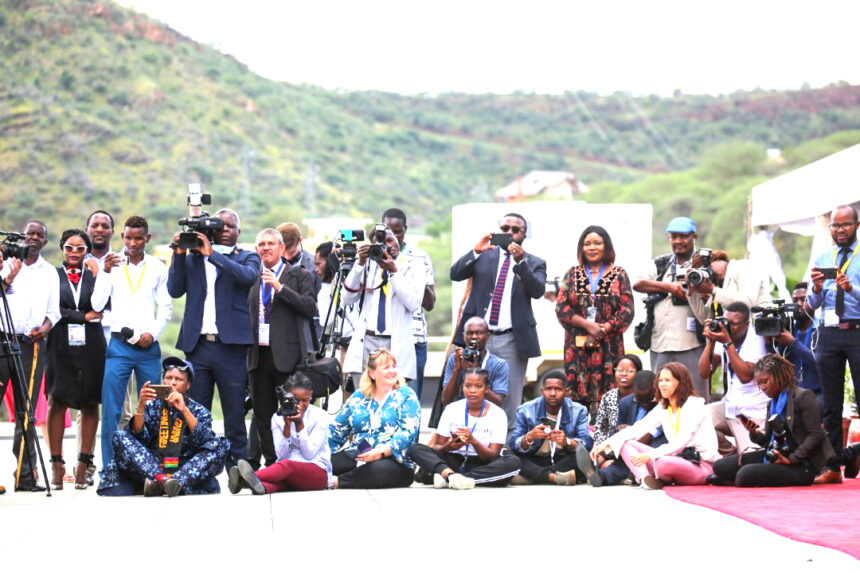The Namibia University of Science and Technology’s senior journalism lecturer Phillip Santos has recommended that the government subsidises private media houses to better equip them for elections’ coverage.
He made the call last Wednesday during a panel discussion on the role of media in promoting democratic elections in Namibia, which was organised by the Friedrich Ebert Stiftung Namibia.
“This can be worked out through a consultative, deliberated process between stakeholders, regulators and ombudsman. The question of the media being treated as a public good during elections is important in the context where media faces challenges with resources.
It is unfortunate because it means limited coverage, with stories being covered only in metropolitan areas like Windhoek, Swakopmund and other urban areas.
There is no visibility in rural areas as newsrooms have no resources to cover such areas,” he said.
Shelleygan Petersen, a journalist who also served on the panel, said the quality of work produced by private media houses is affected by financial constraints.
“These days, 60% to 70% of reporters in newsrooms are interns. On election day, as a journalist, you are expected to be at almost every poll if you are in Windhoek,” she said.
She added that private media newsrooms lack the capacity to do this with mostly inexperienced staff.
“The quality of output depends on the quality you possess as a journalist.
Do you have the necessary background to understand what an election means? A lot of journalists right now have not been in the newsroom for more than three years, which means they have not covered the previous election, and there are a lot of nuances you pick up as a journalist before and after elections,” she noted.
Meanwhile, Namibia Media Professionals Union acting secretary general Jemima Beukes in an interview with Nampa suggested that instead of private media house bailouts, government should consider tax rebates and fair distribution of the government’s advertising budget.
“We are not keen on government subsidies, and instead advocate for financial incentives. The question really is where does the money go in the media if not to the journalists and journalism? While discussing media viability is important, we cannot overlook the lack of employment contracts and the underpayment of journalists,” she stressed.
-Nampa



